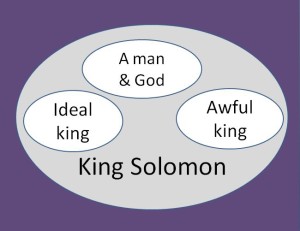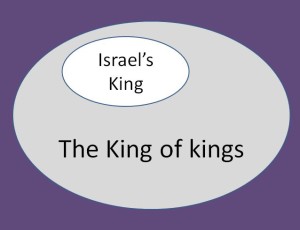Gossip is, undoubtedly, a most effective way to hurt people.
Gossip is part of Paul’s portrait of what it looks like to be debased (Romans 1:29). Tales about people are the fast food of conversation: salty, fatty, tasty (Proverbs 18:8).
So I am glad when Christians speak about the danger of gossip. I’ve seen gossip addressed in sermons, church announcements, Christian books, and on line writing. Great!
In these, the final exhortation is usually something like this: there’s no need to talk about another person, except to the person. Or: just don’t talk about people.
This is, perhaps, the purist view. It’s appealing – we know there’s danger, so say nothing.
I’m not convinced.
The new testament example suggests that talking about people – even in their absence – was normal. And OK.
When caring for a church widow it’s worth knowing if she has a reputation for good works (see 1 Timothy 5:9-10). Reputations are found on people’s lips. It’s nice to commend widows like this. There must also have been ones who failed the reputation test.
Likewise, an overseer in church must be well thought of by outsiders (1 Timothy 3:7). We find out that information by talking about it – with those who don’t even believe the gospel.
Jesus himself pumped his disciples for the latest goss: Who do the crowds say that I am? (Luke 9:18) He expected his followers to be part of the rumour mill.
So I am against gossip, but I am not a gossip purist. This may seem like a trivial point. I think it matters. Here are a couple of ways when I think it counts.
- Firstly, Christians are to live by love for God and neighbour. We’re about people and relationships. Relationships involve talk and pondering. Gossip purists make it simpler than people and relationships by reducing things to a rule.
- Secondly, banning ‘gossip’ can provide cover for wrong. Shady activity can flourish, undiscovered, under the moral pressure of ‘Don’t talk like that’.
Please don’t gossip. But please do talk about people. Perhaps you should now go and have a chat about this blog post. Talk about whether I am right or wrong!




